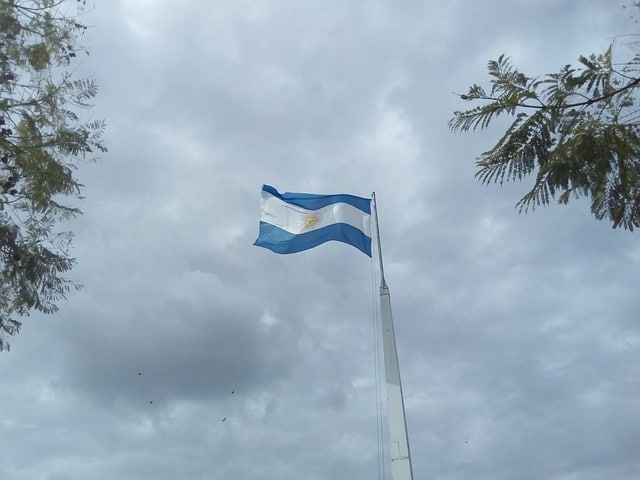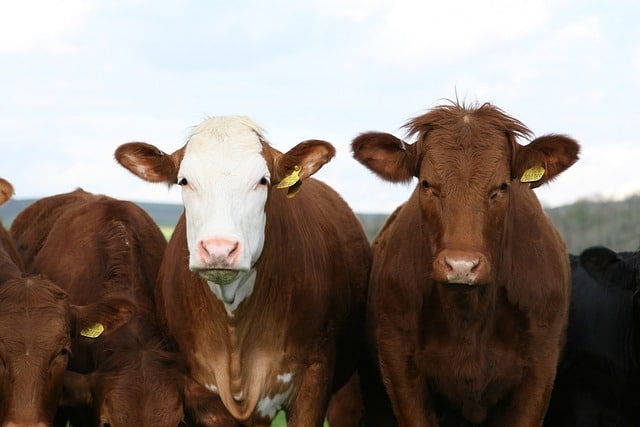
The generation of the 80s brought together Argentine thinkers, writers and political leaders who shared conservative thinking.
The term generation comes from the Latin word generatio . The concept has several uses; In this case, we are interested in its meaning as the set of individuals who, with similar ages, cultural influences and social environments, share the same posture or position in a field of art or thought .
In this sense, multiple generations can be recognized worldwide and in different areas. Each generation is a group that follows a certain trend or establishes a movement .
The generation of the 80s , in this framework, brought together Argentine intellectuals who, between the last decades of the 19th century and the beginning of the 20th century , were characterized by their conservative thinking . These writers and political leaders were part of the upper class of the time .
Characteristics of the generation of 80
The members of the generation of 80 constituted the elite of Argentine society. Between 1880 and 1916 , this sector was at the head of the national government, establishing an oligarchic regime.
Its members, therefore, belonged to a small group of families that owned large areas of land. With General Julio Argentino Roca as the most important political leader, the generation of 1980 not only gained state power, but also imposed its command in the economy , culture and the military sphere.
There were almost four decades of predominance of the generation of the 80s . Roca , in this context, served as the Argentine presidency in two periods (from 1880 to 1886 and then from 1898 to 1904 ).

Agricultural exports were the basis of the economy of the regime established by the generation of the 1980s.
Your country model
With Buenos Aires as the central axis, the model imposed by the generation of the 80s was agro-exporting . The economy was based on the production of meat and cereals, which were exported mainly to England .
To increase the surface area of productive lands, the regime promoted by the generation of 1980 developed military campaigns to conquer territories that belonged to aboriginal peoples. In this way, the territory administered by the national State grew greatly.
With more land for production, Argentina managed to boost its economic activity. In this process, transportation and communications were also improved. On the other hand, the generation of the 80s encouraged European immigration , quadrupling the population in less than half a century.
Cultural impact of the generation of the 80s
A notable aspect of the years of the '80s generation was the great push given to education . To generate social and cultural cohesion in a country that received thousands of immigrants, they supported the development of a public educational system that reduced the illiteracy rate by more than 20 points between 1869 and 1895 .
On the other hand, in line with its promotion of the arrival of European immigrants to the country, the generation of the 80s adhered to the main artistic and cultural currents of the Old Continent . In any case, in this period there was a boom in tango and gaucho style.
Its decline
To stay in power, the generation of the 80s resorted to various undemocratic practices. Voting control and fraud were tools that contributed to extending the group's stay in government.
However, population growth and social diversification produced new demands from the community. With the arrival of foreigners, activists also arrived who spread the precepts of unionism , anarchism and socialism , whom the government persecuted and repressed.
The strikes, confrontations with security forces and the opposition at the political level were gaining intensity, with which the leaders were forced to give way to the modernist wing of their sector and finally to allow massive political participation through a secret suffrage law. , universal and mandatory.
In 1916 , with the application of this regulation (the so-called Sáenz Peña Law ) for the first time, the conservatives lost the elections and thus the presidency was achieved by Hipólito Yrigoyen , exponent of the Radical Civic Union .
